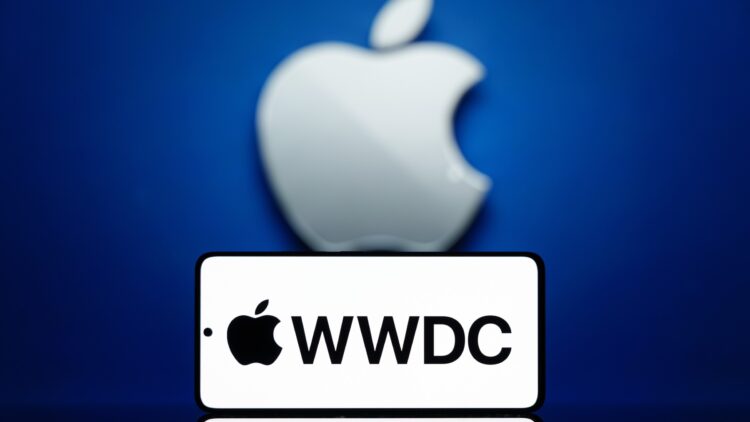When Apple released their Apple Intelligence to users in January, the public was ecstatic. The boom of Artificial Intelligence has excited and worried customers equal amounts, but it seemed like at last the virtual assistant that we are all quite familiar with, Siri, was going to really be the virtual assistant of people’s dreams, with its power harnessed in ever hand that held an iPhone. It was meant to be a direct competitor of ChatGPT, but the reality is that the expected outcome never materialized.
Apple Intelligence was released with the new iOS 18.3 operating system update and although users were warned that the new Siri would take a bit longer to arrive, they expected that timeframe to be within the year. The first signs of troubles began when rumors around the 2025 Worldwide Developers Conference (WWDC) began swirling and cautioning that there was no announcement planned for the new assistant, and now it has been confirmed by Apple that it will take a lot more time.
The confirmation came in the form of a comment made by Apple spokesperson Jacqueline Roy to Daring Fireball in mid-March. As she explained “Siri helps our users find what they need and get things done quickly, and in just the past six months, we’ve made Siri more conversational, introduced new features like type to Siri and product knowledge, and added an integration with ChatGPT. We’ve also been working on a more personalized Siri, giving it more awareness of your personal context, as well as the ability to take action for you within and across your apps. It’s going to take us longer than we thought to deliver on these features and we anticipate rolling them out in the coming year.”
Apple’s delay of Siri, a sign of a failed venture?
The original promise for a better assistant was made along with the unveiling of Apple Intelligence at the 2024 WWDC, but clearly the process was not as advanced as they would have liked to be. This is not the first time that Apple delays a launch, and it will likely not be the last. It happened with the white iPhone 4, which launched 10 months after it was promised and after the black one had already been on the market for just as long, and perhaps even more famously with the AirPods, which were announced alongside the iPhones 7 in September 2016, and were supposed to ship in October. They wound up being delayed until December.
At the time the company gave a statement that sounds surprisingly similar to the one they have given about the new version of Siri. And yet this delay will be a lot more extended. Craig Federighi, Apple’s senior vice president of software engineering, explains in an interview with TechRadar.
“We were very focused on creating a broad platform for really integrated personal experiences into the OS. […] We found that when we were developing this feature that we had, really, two phases, two versions of the ultimate architecture that we were going to create,” he explained. “Version one we had working here at the time that we were getting close to the conference, and had, at the time, high confidence that we could deliver it. We thought by December, and if not, we figured by spring, until we announced it as part of WWDC. Because we knew the world wanted a really complete picture of, ‘What’s Apple thinking about the implications of Apple intelligence and where is it going?'”
But the company hit a really big snag “We set about for months, making it work better and better across more app intents, better and better for doing search,” Federighi added. “But fundamentally, we found that the limitations of the V1 architecture weren’t getting us to the quality level that we knew our customers needed and expected. We realized that V1 architecture, you know, we could push and push and push and put in more time, but if we tried to push that out in the state it was going to be in, it would not meet our customer expectations or Apple standards, and that we had to move to the V2 architecture. As soon as we realized that, and that was during the spring, we let the world know that we weren’t going to be able to put that out, and we were going to keep working on really shifting to the new architecture and releasing something.”

